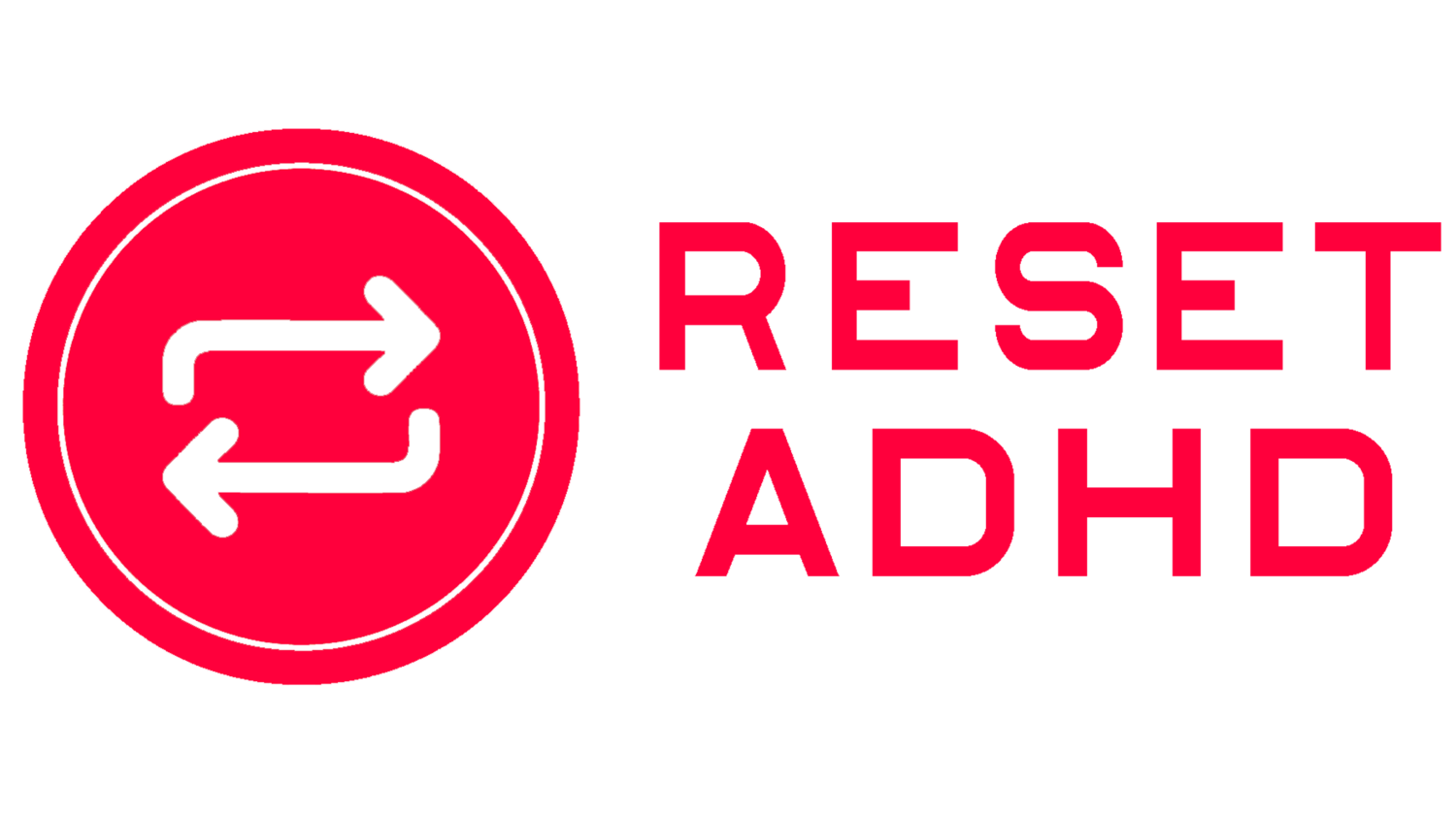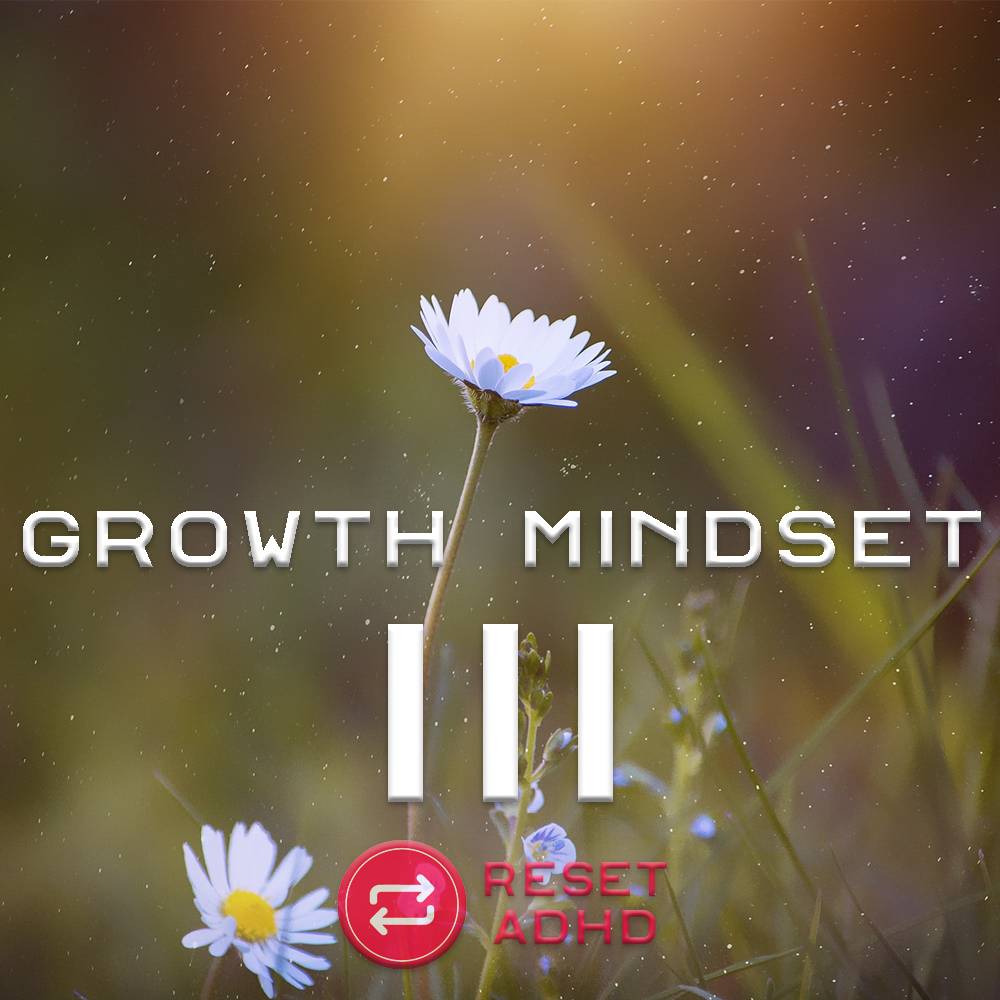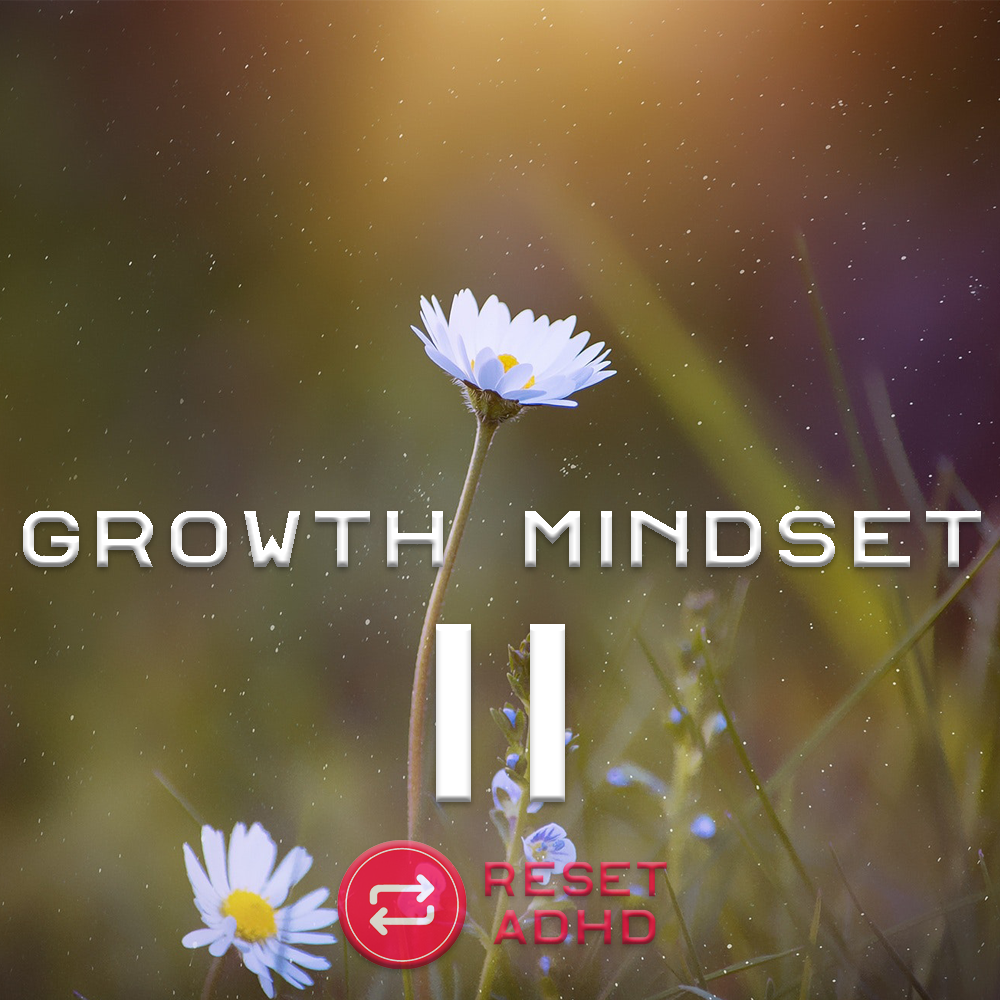blog
- Accountability 3
- Advice 198
- BOREDOM BUSTER 2
- Books 12
- Calendar 2
- Careers 4
- Coaching 22
- Comorbid Conditions 5
- Crime 5
- Diet 2
- Emotional Regulation 6
- Encouragement 71
- Exercise 11
- Fun 29
- Getting Unstuck 81
- Giveaways 1
- Humor 12
- Impulsivity 10
- Information 128
- Inspiration 107
- Medication 7
- Memory 9
- Money 1
- Movies 7
- Music 3
- Musicals 2
- Personality 21
- Perspective 40
- Positivity 84
- Prayer 5
- Productivity 88
- Rants 41
- Relationships 14
- Reviews 4
- Schedule 3
- School 9
- Self-Care 7
- Sleep 13
- Social 5
- Spirituality 7
- Sports 1
- Stereotypes 2
- Stories 30
- Strategies 97
- Strengths 11
- TV Shows 4
- Tech 1
- The Weekly Reset 216
- Time Management 8
- Tips 149
What ADHDers Can Learn from Good Will Hunting
One of my favorite movies is Good Will Hunting. It is a movie I first watched during a difficult time in my life, and it is one I return to in times of great trial or transition. I feel there are many life lessons that can be learned from this movie, and I especially feel that ADHDers can learn from this film. If you have not seen it, I recommend you watch it because it is a good movie and this blog post will make more sense if you have seen it.
ADHD Doesn’t Come with an Owner’s Manual
When you are diagnosed, you are not handed a piece of paper with instructions on how to live the perfect life with ADHD. There is no guide detailing a sure-fire way to avoid the struggles of ADHD. The ugly truth of the matter is there is no owner’s manual for ADHD.
Good Is Good Enough
ADHDers are prone to perfectionism. This can cause all sorts of problems. One might never complete a project because one can never get it just right, or on the flip side, one might never start a project unless one is sure one will be able to do it exactly right. Both of these mindsets are toxic. Furthermore, perfectionism is time consuming. If one is constantly trying to get everything just right, one will never have time to do all of the things one needs to do. All of the problems surrounding perfectionism can be solved by embracing one simple idea: Good is good enough.
New Year's Resolution? Why Wait?
Every year, millions of people stay up until midnight on the night of December 31 to ring in the new year. I have never understood this. I find this quite arbitrary. Prior to midnight, we write "2018" on our checks, and after midnight, we write "2019." If we are celebrating the changing of one element on our calendars, then why are we not doing this every month or every day? One could argue that we celebrate because we only change the year once every 365 days, but if we are simply celebrating the novelty of the changing of the date, it would make more sense to celebrate a new decade.
Growth Mindset Part 4: The Learning Zone
Part IV covers “The Learning Zone.” All those who are excellent performers in their field have spent and consistently spend plenty of time in the learning zone. Those with a fixed mindset are always in the performance zone. They do not take time to learn and to grow. We need to spend time in both zones. Sadly, many of us neglect the learning zone.
Growth Mindset Part 3: Fostering a Growth Mindset
A fixed mindset is easy to spot, especially when you have become aware of it. To remind yourself of what it is like, review part one of this series. When you see the qualities, take notice of them. What effect does this mindset have? How does it affect you? How does it affect others? When you see it in action, remind yourself that you want to foster a growth mindset, not what you are observing. Be sure to take note of both when you are acting with a fixed mindset and when others are using it.
Growth Mindset Part 2: Benefits of a Growth Mindset
Growth mindset focus on learning, not results. If students focus on improving and learning, their grades will go up. The focus is on learning the information, not simply doing well enough to get the grade that will make their teachers and parents happy. The improvement in academic performance is especially useful in subjects, like math, that build on previous material. Instead of struggling as more and more as topics build on previous topics and having to go back and relearn some material, the student will be ready for the next subject, having already mastered the previous topics.
Using a Timer to Boost Productivity
A common suggestion for productivity assistance for ADHDers is using a timer. This is often suggested for time management purposes, but I see two different ways this could help the productivity of an ADHDer. The first is the aforementioned most common explanation given for suggesting the use a timer, and the other one is a way it has been used in my own life. These two methods use opposite functions of a timer, counting down and counting up.








